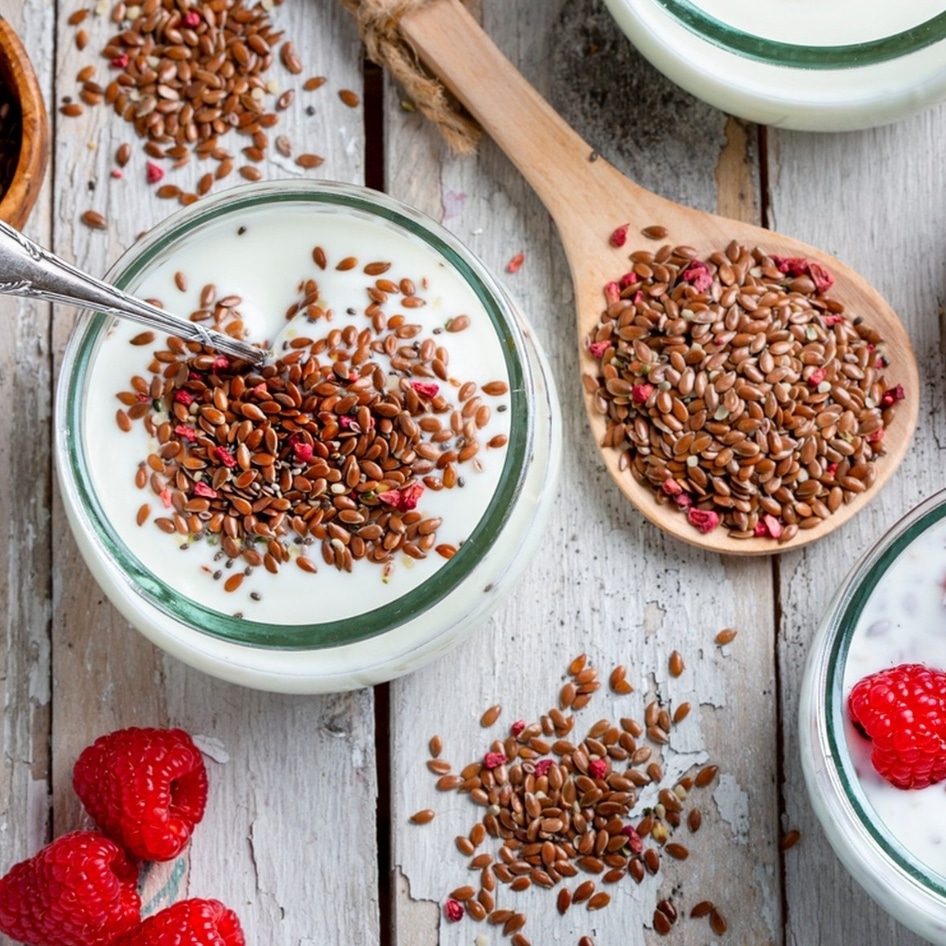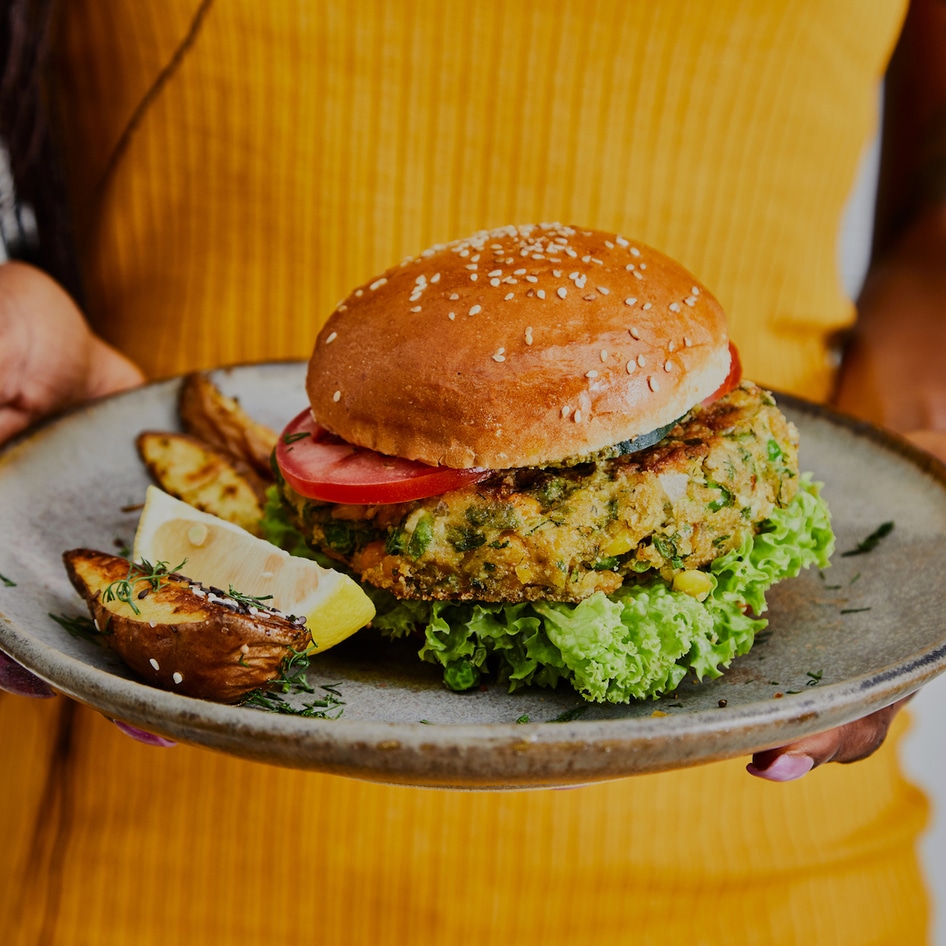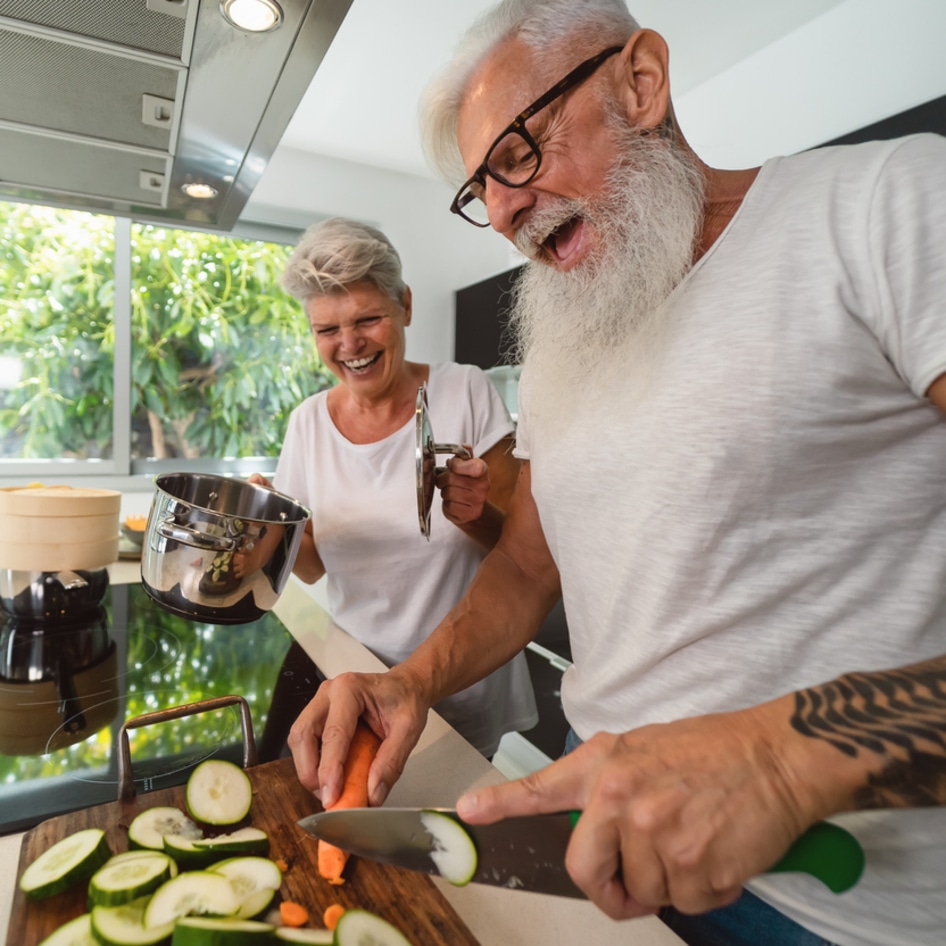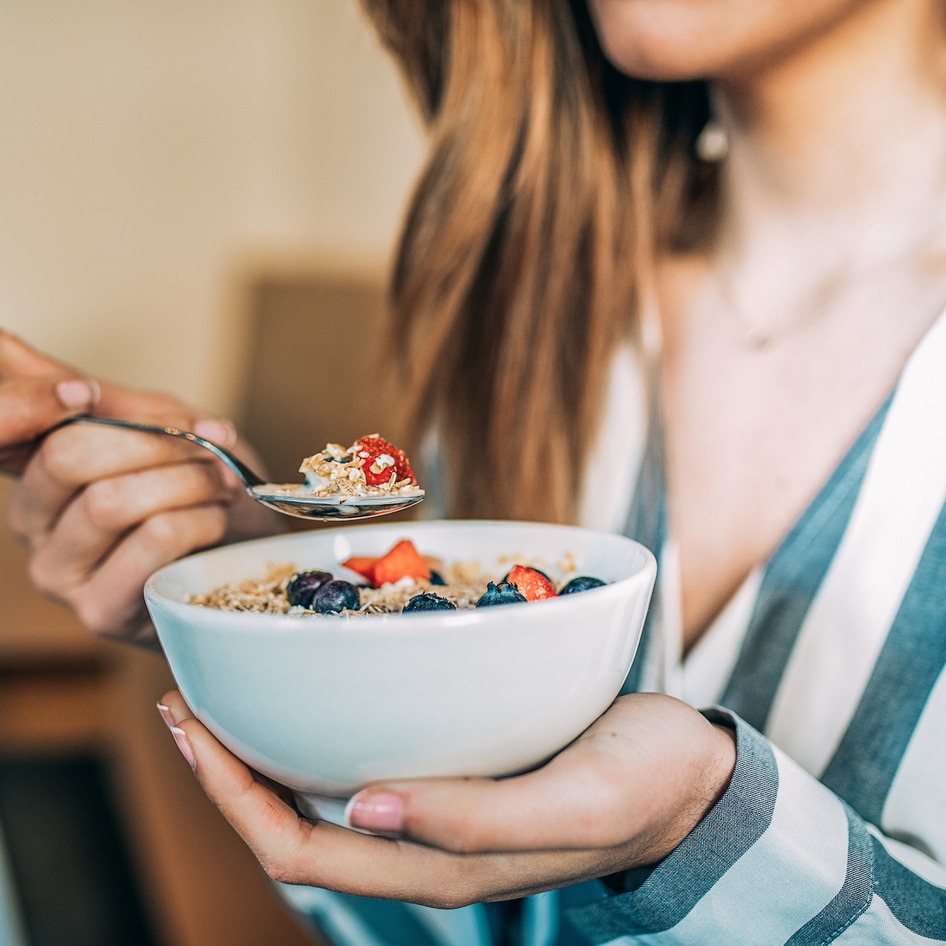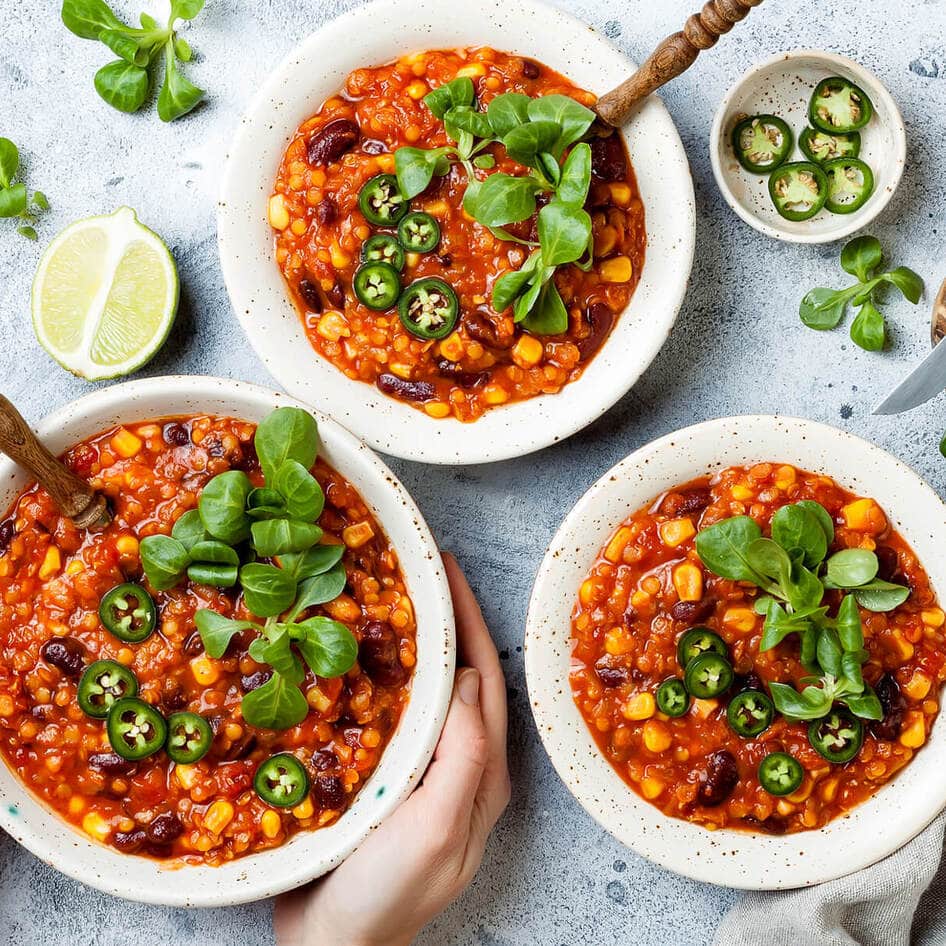Kim Kardashian has previously revealed that following a mostly plant-based diet has helped her manage her psoriasis symptoms.
In the past, the reality star and business mogul has been open about her struggles with psoriasis on social media and on Keeping Up With the Kardashians. In a post on her sister Kourtney Kardashian Barker’s lifestyle blog, Poosh, the 43-year-old shared that her primarily vegan diet—particularly, vegan tacos—has kept her psoriasis flare-ups at bay.
Jump to the foods You Should avoid
Kardashian added that she tries her best to stick to her plant-based diet, except on “treat” days or when she’s at a restaurant that can’t accommodate her. Notably, she cooked meat in season one, episode one of Paris Hilton’s 2021 cooking show, Cooking With Paris.
Jump to the foods You Should eat
Can a vegan diet help with psoriasis?
Psoriasis is a lifelong autoimmune disease that causes red, scaly, itchy patches on the skin and currently, there is no cure. Celebrities make health claims all the time, and we should observe their assertions with a little bit of scrutiny. So, is there evidence to back up Kardashian’s claim?
According to the National Psoriasis Foundation, it can be managed with an appropriate treatment plan, which can include avoiding certain foods. We also asked Amy Lawson, RDN, LDN, and the founder of Thrive Nutrition, for more information.
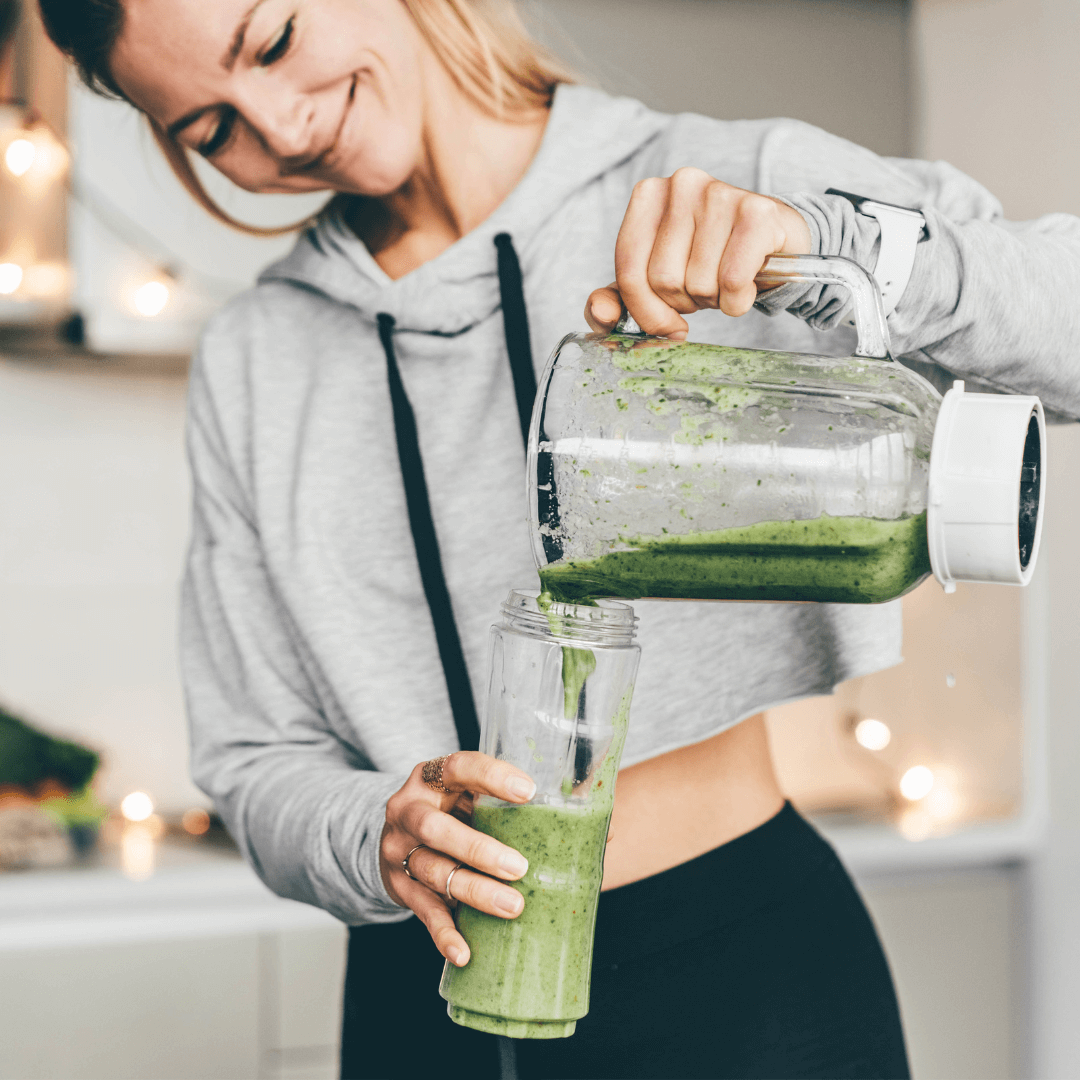 Mariia Korneeva
Mariia Korneeva
“Certain foods can help ease the inflammation that is associated with psoriasis. Foods that have the biggest impact on skin health include those with anti-inflammatory properties, all of which come from plants,” Lawson tells VegNews. However, not all plant-based foods are on the table. Simple sugars and simple carbohydrates, like white bread and pasta, can trigger a flare-up.
Psoriasis can also be triggered by several factors and learning to manage them is important. According to the National Psoriasis Foundation, the most common triggers include stress, weather (especially when it’s cold or dry), skin injury (such as sunburns, bug bites, scratches), illness, allergies, smoking, and certain foods.
In a 2017 study that examined the effects of dietary patterns on psoriasis, the most commonly eliminated foods included meat, dairy, gluten, and sugar. Patients who eliminated these foods and those who followed Pagano, vegan and Paleolithic diets, reported improved skin conditions.
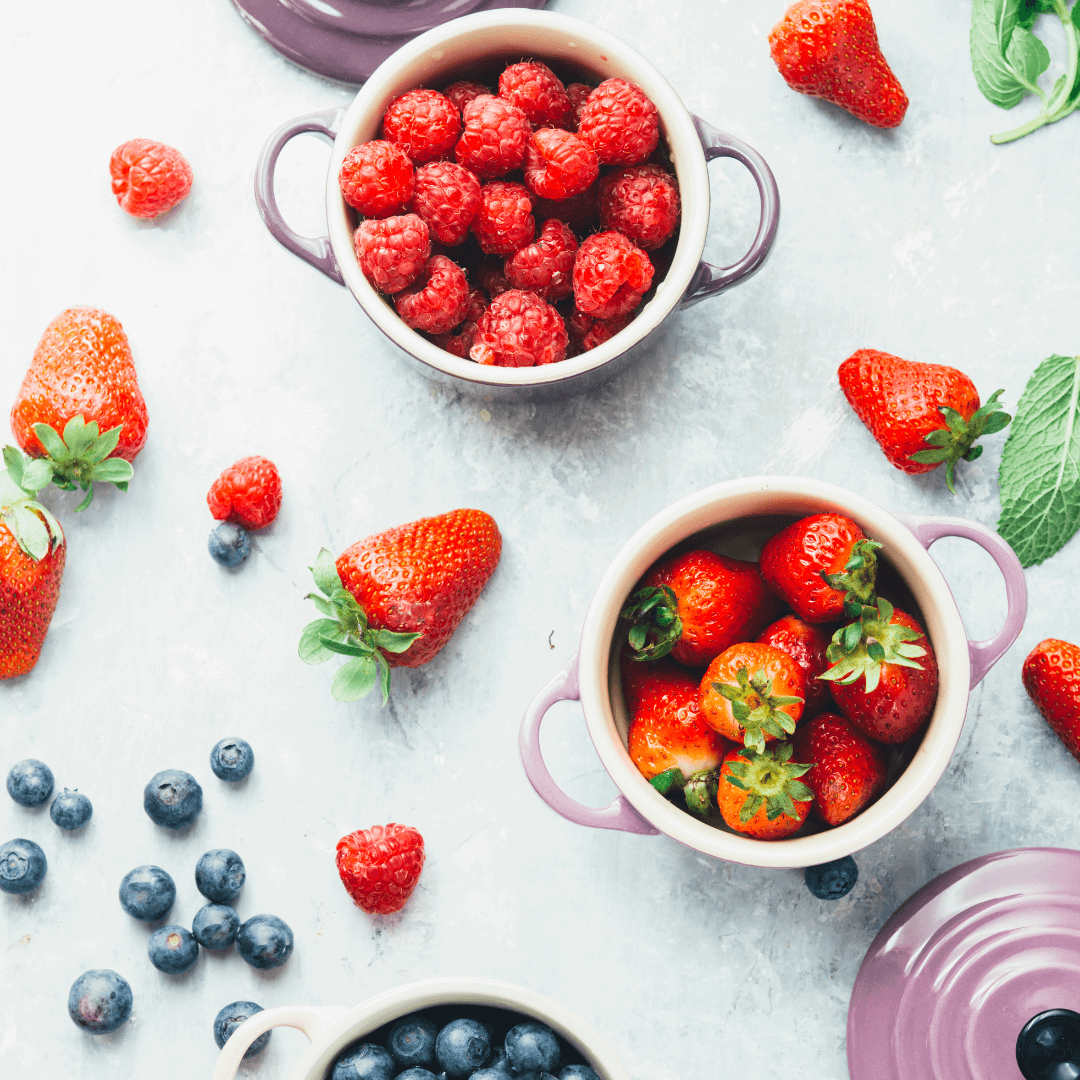 Canva
Canva
A systematic review of 55 studies and 4,534 patients published in JAMA Dermatology concluded that adults with psoriasis may benefit from dietary interventions in addition to their standard treatments.
In short, avoiding foods that trigger psoriasis and incorporating foods that may help ease the symptoms can supplement a regular treatment plan. You should always consult with your doctor or specialist when developing a treatment plan and before making any major changes to your diet.
Foods to avoid if you have psoriasis
The foods below have been reported to trigger flare-ups, but it should be noted that they may not negatively affect everyone with psoriasis.
“Studies have shown that certain foods can promote the inflammatory response in the body and worsen skin disorders, such as psoriasis. Foods that promote inflammation include saturated fats such as those in red meat. Of course, if you are eating a plant-based diet red meat is not of concern,” Lawson says.
1 Red meat, dairy, and eggs
Avoiding red meat, dairy products, and eggs could help reduce the severity of psoriasis lesions.
Red meat contains a polyunsaturated fatty acid called arachidonic acid, which is known to worsen psoriasis. Dairy products including milk, cheese, and yogurt also contain arachidonic acid. Research suggests that the arachidonic acid found in dairy may even irritate the intestinal lining, leading to worse flare-ups.
Eggs also contain arachidonic acid, so cutting down on or eliminating all three of these may lead to overall improvements.
2 Gluten
Like Celiac disease, psoriasis is an autoimmune condition. People with psoriasis have a higher chance of gluten sensitivity. So, if you have both of these, then you may benefit from cutting out gluten-containing foods altogether, including wheat, barley, rye, pasta, and beer. See our guide to a gluten-free vegan diet for more details on what you can and cannot eat.
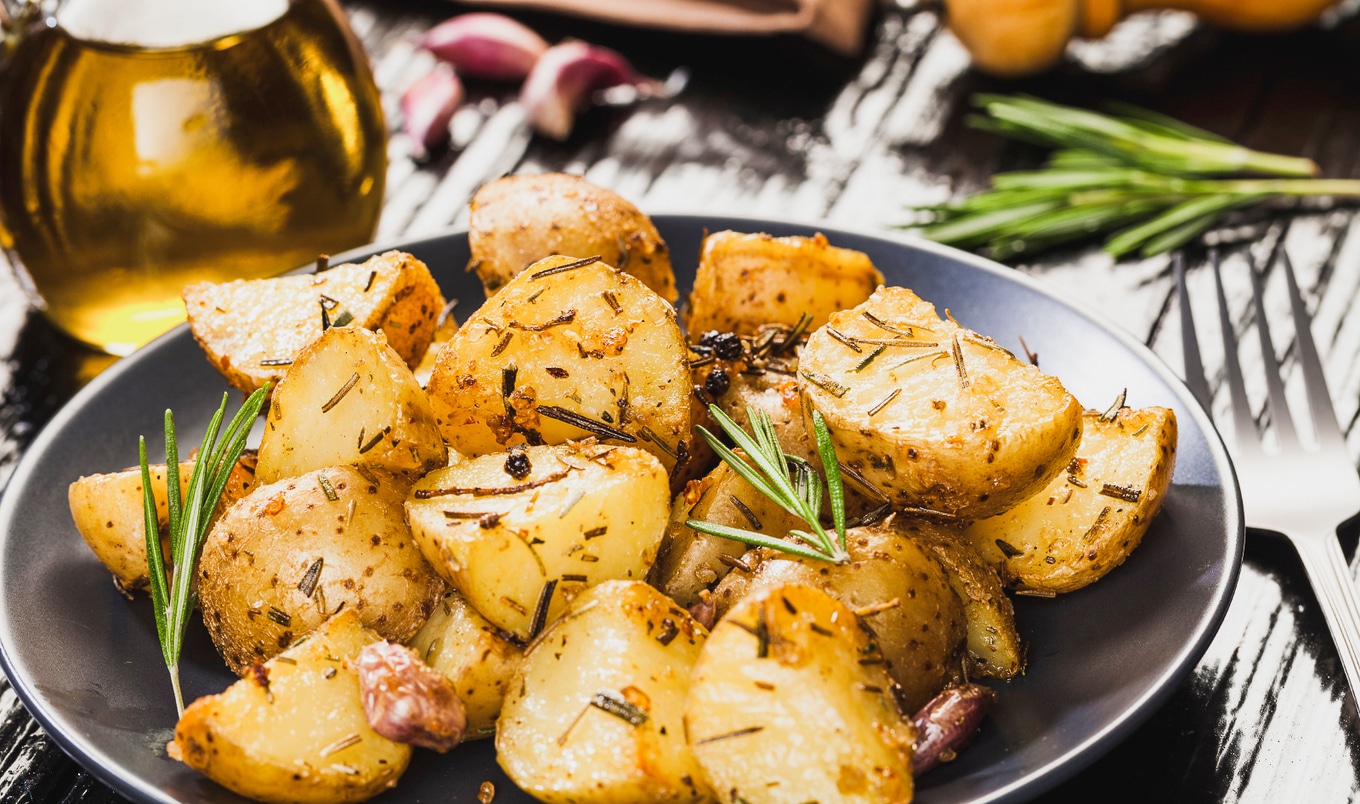 Canva
Canva
3 Nightshades
Nightshades are a family of plants that includes tomatoes, eggplant, peppers, white potatoes, and pepper-derived spices like paprika and cayenne pepper.
Some people believe that an alkaloid called solanine, which all nightshades contain, may trigger inflammation. However, there is little evidence to suggest this. Conversely, research shows that solanine may actually reduce inflammation, but more evidence is needed in order to draw a conclusion.
Many people with psoriasis have reported having a reaction to nightshades. So, what’s the verdict? Flare-ups may be caused by a food intolerance or allergy.
4 Ultra-processed foods
The term “ultra-processed foods” covers a wide spectrum of things that are high in salt, fat, and sugar. These include:
- Baked goods, such as cookies, croissants, and cakes.
- Candy
- Ice cream
- Prepared meals and foods, such as ready-made meals and canned soups
- Processed meats, including bacon and sausage
- So-called “white flour” foods/refined carbohydrates, such as white bread, white pasta, and white rice
- Soda
 Canva
Canva
5 Alcohol
It may be wise to avoid beer, wine, liquor, and cocktails if you have psoriasis. Few studies have investigated the connection, but it’s believed that alcohol may trigger flare-ups in a handful of ways. Psoriasis involves inflammation—and alcohol makes it worse. One theory is that it affects the neurotransmitters in your brain, which then cause inflammation. But, more research is needed to understand alcohol’s role in psoriasis flare-ups.
Foods to eat if you have psoriasis
While psoriasis is marked by inflammation, a diet high in anti-inflammatory foods may help improve your symptoms.
“In general, replacing processed foods, simple carbohydrates and simple sugars with vegetables, fruits, nuts, seeds, and legumes will help support healthy skin and help to ease the inflammation associated with psoriasis,” says Lawson.
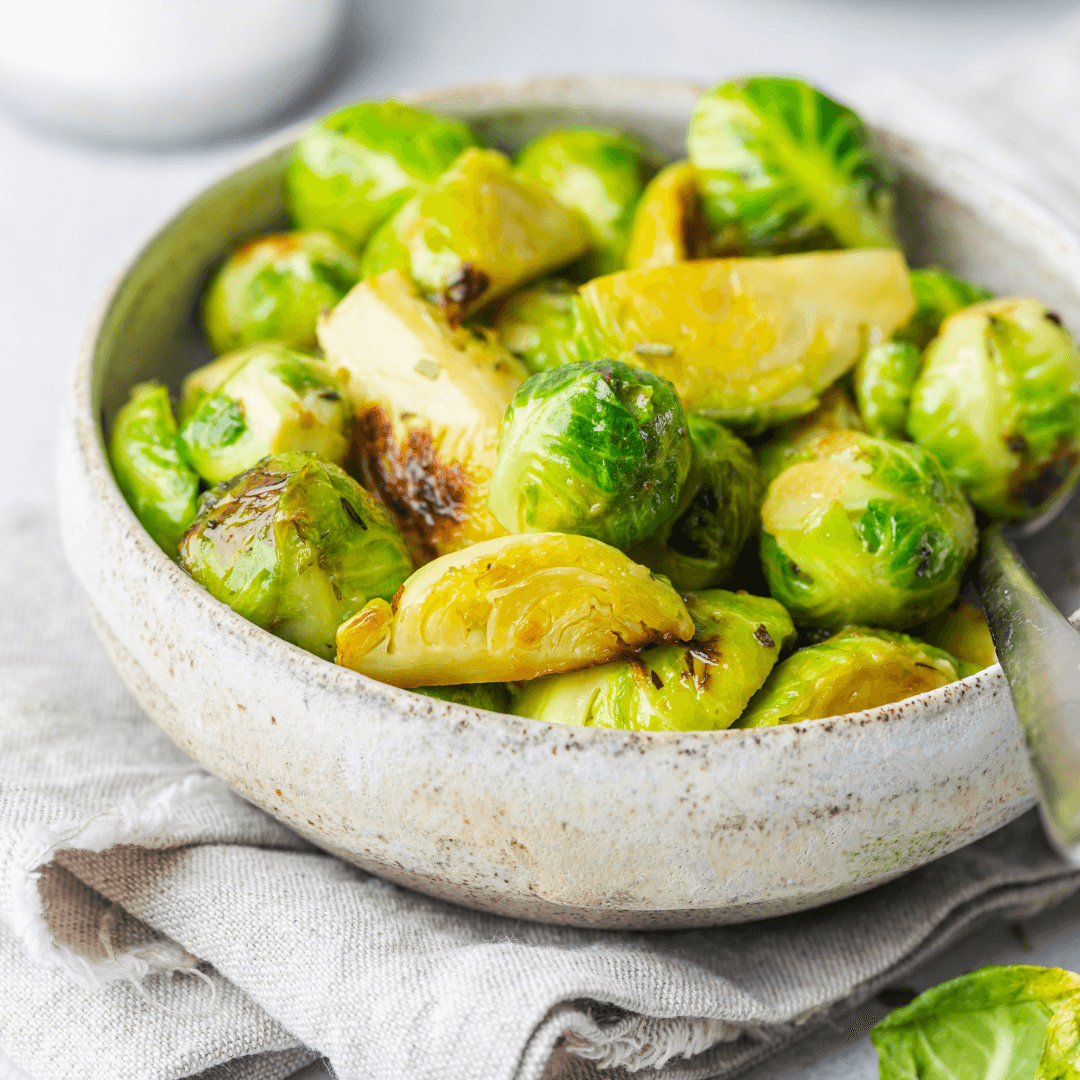 Canva
Canva
1 Fruits and vegetables
Produce is frequently rich in antioxidants, which help to combat oxidative stress and inflammation. Many anti-inflammatory diets happen to be very fruit and vegetable-forward, but some of the best ones you can eat include:
- Blueberries, strawberries, and raspberries, which contain antioxidants known as anthocyanins
- Cruciferous vegetables, like broccoli, Brussels sprouts, and cauliflower
- Dark fruits like tart cherries and grapes. The latter contain resveratrol, a polyphenol that’s known to combat inflammation.
- Dark, leafy greens, like kale, spinach, Swiss chard, and collard greens
Broccoli, bell peppers, and fruit are also rich in vitamin C, which may benefit the skin, explains Lawson. “It helps with collagen formation, is an antioxidant, and is important in wound healing,” she says.
2 Healthy oils and fats
Fatty fish is one of the most commonly recommended foods on a psoriasis-friendly diet. But, on a vegan diet, you should embrace heart-healthy oils and fats, specifically the ones that have a high ratio of omega-3 to omega-6 fatty acids, including extra virgin olive oil and flaxseed oil.
The fat in avocados is high in omega-3 fatty acids as well. These oils, including avocados, are known to reduce low-density lipoprotein cholesterol—the bad kind—and increase high-density lipoprotein. Research shows that walnuts, which are high in omega-3 fatty acids, also help reduce inflammation.
Lawson adds that many of these are rich in vitamin E, which has anti-inflammatory properties. It’s found in plant oils, nuts, seeds, and spinach. “Vitamin E boasts important antioxidant properties and is found in our sebum aka our skin oil, which creates the natural skin barrier,” Lawson says.
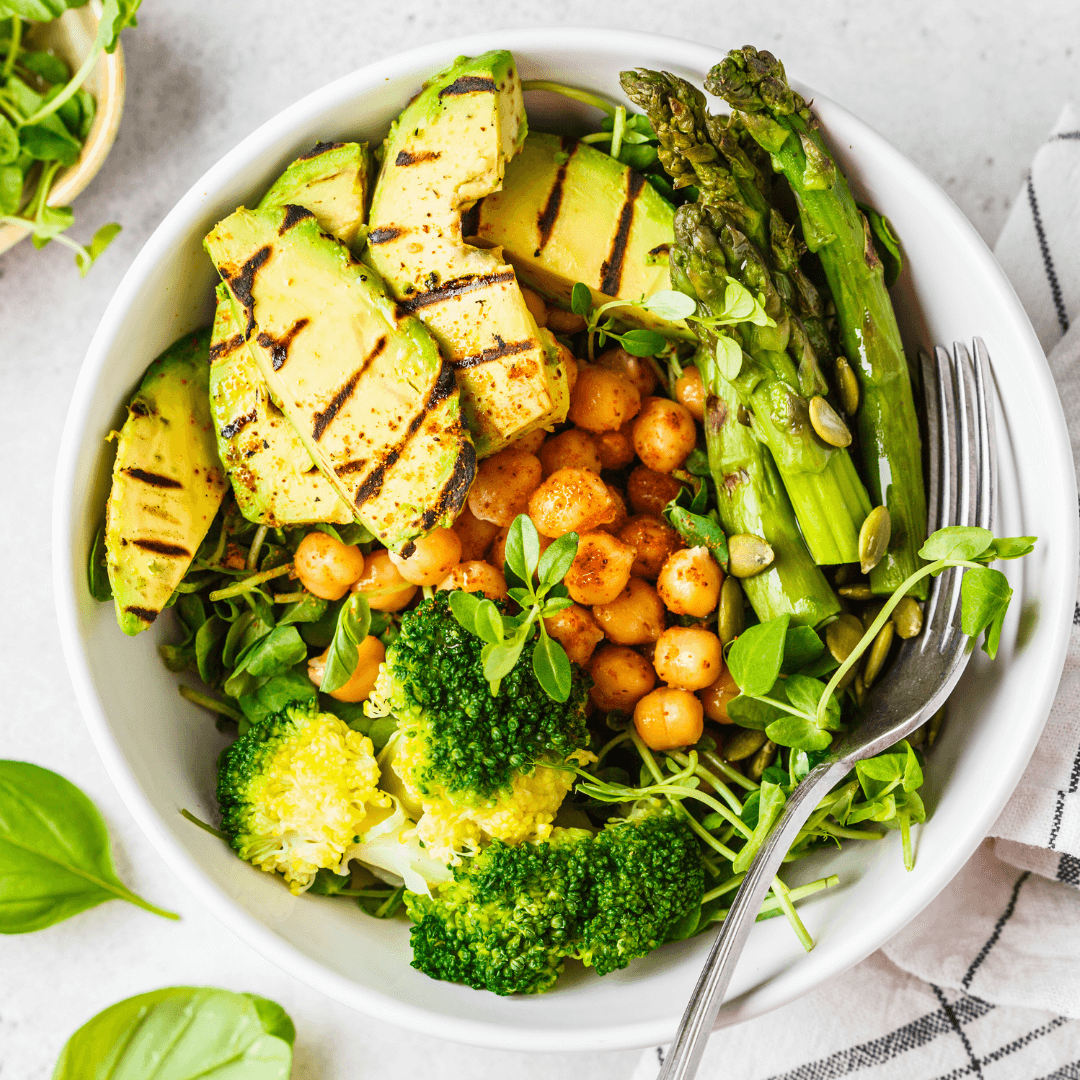 Vaaseenaa
Vaaseenaa
3 Lentils and beans
Plant proteins such as lentils are rich in dietary fiber, protein, and antioxidants, so they are frequently recommended for anyone looking to add more anti-inflammatory foods to their plate. Minimally processed soy-based foods like tofu and tempeh are also good. Soy is rich in plant compounds called isoflavones, which are known to fight inflammation.
4 Grains
Whole, gluten-free grains such as oats, brown rice, teff, and sorghum are packed with inflammation-fighting dietary fiber. As a bonus, grains are associated with a lower risk for heart disease, Type 2 diabetes, and certain cancers.
With psoriasis, it’s important to understand your triggers and that what sends one person into a flare-up may be harmless to you. Health experts and groups such as the National Psoriasis Foundation recommend limiting highly processed foods, meat, eggs, and dairy while adding more anti-inflammatory foods to your diet.
For more on vegan nutrition, read:
JUMP TO ... Latest News | Recipes | Guides | Health | Subscribe



